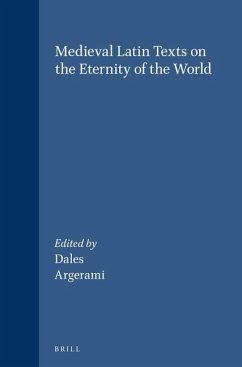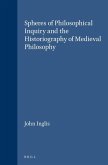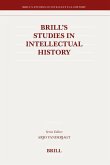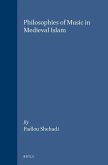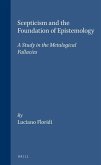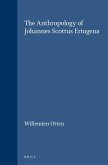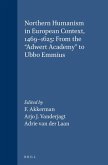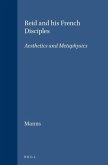The editors of this volume have collected a large number of texts, most of them previously available only in manuscript, of a wide range of scholastic views on the problem of the eternity of the world. These selections range from William of Durham in the 1220s to John of Jandun in 1315. They illustrate the continuity of medieval discussions of this crucial topic and present the major arguments on all sides of the question. Several of the authors are anonymous, and many of those whose names are known have been little studied. The notes not only identify the "fontes but also, through extensive cross references, show the obligations of these authors to each other. Indices of authorities, names, and biblical citations enhance the book's usefulness for the scholar of medieval thought.
Hinweis: Dieser Artikel kann nur an eine deutsche Lieferadresse ausgeliefert werden.
Hinweis: Dieser Artikel kann nur an eine deutsche Lieferadresse ausgeliefert werden.

